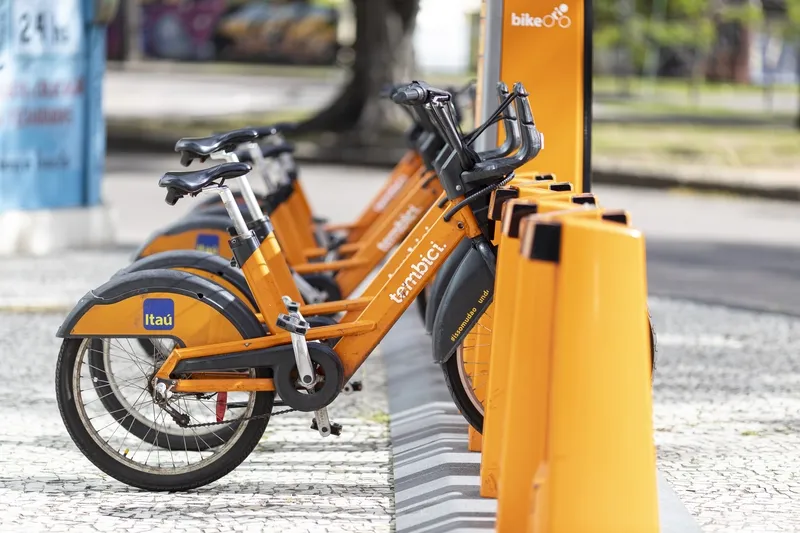Market research company Berg Insight has released new findings about the smart cities market and in particular intelligent transport systems (ITS) for public transport.
The company believes that the market is in a growth phase which will continue in the years to come. The public transport market is impacted by a number of trends, including several ITS-related developments that can alter the playing field for the solution providers on this market. Several parallel technology developments are currently tra
December 2, 2016
Read time: 2 mins
Market research company 3849 Berg Insight has released new findings about the smart cities market and in particular intelligent transport systems (ITS) for public transport.
The company believes that the market is in a growth phase which will continue in the years to come. The public transport market is impacted by a number of trends, including several ITS-related developments that can alter the playing field for the solution providers on this market. Several parallel technology developments are currently transforming the public transport market, resulting in improved competitiveness as well as integration with alternative modes of transportation.
Public transport services are expected to develop significantly in the upcoming years. In order to be a viable alternative for everyday transportation, services must be predictable, comfortable and time-efficient.
“Multimodal journeys are often needed to ensure door-to-door travel approaching the flexibility of the car”, said Fredrik Stalbrand, Berg Insight IoT/M2MaAnalyst. He adds that ITS can have important influence on the quality of journeys involving several transport modes operated by different companies. Real-time information has traditionally seldom been shared between independent actors, making public transport very sensitive when delays occur and connecting services are not notified.
“Closer integration and open data sharing between the systems of the ever-increasing number of companies operating public transport services on the deregulated public transport market is thus a prerequisite to achieve competitiveness”, continues Stalbrand.
Better integration of collective transport modes with private modes such as cars and bikes will further increase the overall public transport utilisation. The so-called first and last mile commute problem, referring to the beginning and end of journeys being the most challenging parts, causes many people to choose the car for the entire journey. “New initiatives such as park ‘n’ ride facilities, bike sharing programs and real-time car ridesharing solutions are paving the way for the future”, Stalbrand concludes.
The company believes that the market is in a growth phase which will continue in the years to come. The public transport market is impacted by a number of trends, including several ITS-related developments that can alter the playing field for the solution providers on this market. Several parallel technology developments are currently transforming the public transport market, resulting in improved competitiveness as well as integration with alternative modes of transportation.
Public transport services are expected to develop significantly in the upcoming years. In order to be a viable alternative for everyday transportation, services must be predictable, comfortable and time-efficient.
“Multimodal journeys are often needed to ensure door-to-door travel approaching the flexibility of the car”, said Fredrik Stalbrand, Berg Insight IoT/M2MaAnalyst. He adds that ITS can have important influence on the quality of journeys involving several transport modes operated by different companies. Real-time information has traditionally seldom been shared between independent actors, making public transport very sensitive when delays occur and connecting services are not notified.
“Closer integration and open data sharing between the systems of the ever-increasing number of companies operating public transport services on the deregulated public transport market is thus a prerequisite to achieve competitiveness”, continues Stalbrand.
Better integration of collective transport modes with private modes such as cars and bikes will further increase the overall public transport utilisation. The so-called first and last mile commute problem, referring to the beginning and end of journeys being the most challenging parts, causes many people to choose the car for the entire journey. “New initiatives such as park ‘n’ ride facilities, bike sharing programs and real-time car ridesharing solutions are paving the way for the future”, Stalbrand concludes.










